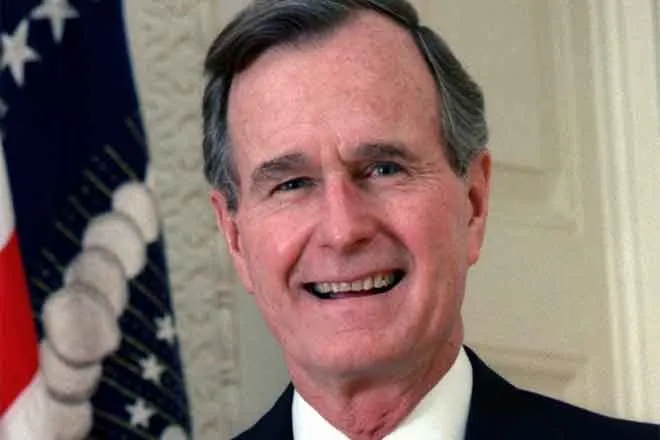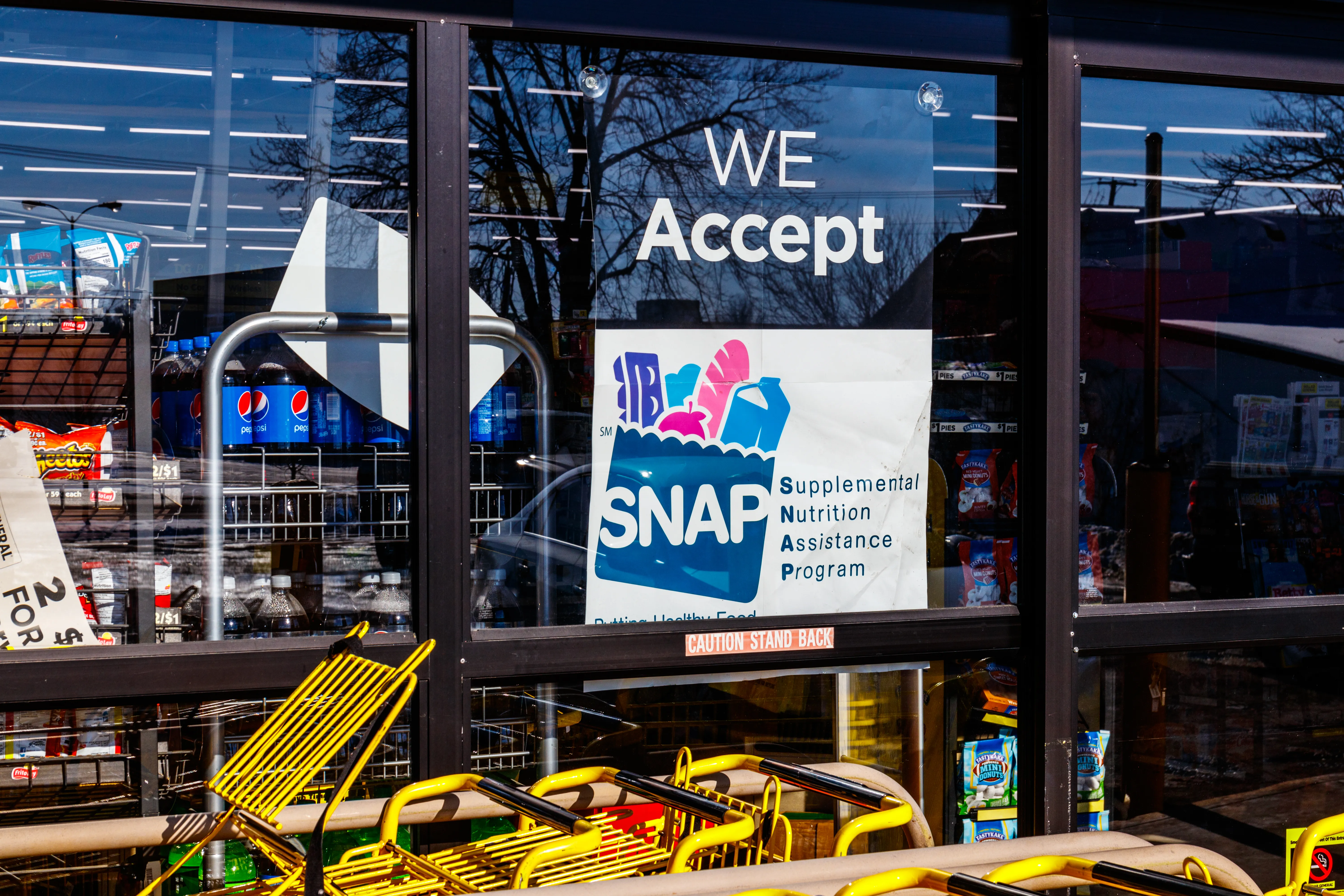
Daily Audio Newscast - May 21, 2025
© AlexLMX - iStock-823000260
Six minutes of news from around the nation.
Trump pushes House GOP to pass his budget bill; Medicaid critical for maternal and infant health in rural CO; Fear of detention prevents some WA migrants from getting food; Report says many AL adults want college degrees but face barriers; MT Native leaders say civic engagement brings legislative wins.
Transcript
The Public News Service daily newscast for May the 21st, 2025.
I'm Mike Clifford.
President Trump pressured House Republicans to unify around a wide-ranging bill to deliver his domestic agenda, as party leaders haggled with important holdouts over changes to the legislation and winning their votes.
That from the New York Times.
They report joining House Republicans at their weekly closed-door party meeting.
Trump pushed them to drop their reservations about the legislation and embrace the One Big Beautiful Bill Act, which leaders hope to bring to a vote by the end of this week.
The Times' Christy Noem, the Homeland Security Secretary, bungled answers about habeas corpus when she was questioned during a Senate committee hearing, incorrectly asserting that the legal right of people to challenge their detention by the government was actually the president's constitutional right to deport people.
Medicaid coverage is essential for the health of women and babies, and efforts in Congress to curtail the program could disproportionately impact people in small towns and rural areas.
That's according to a new Georgetown University report.
Indra Lucero with the Colorado-based group Elephant Circle says access to health care is critical in the weeks immediately before and after birth.
In Colorado, actually more people are on Medicaid during the perinatal period in rural areas than in urban areas.
So the proportion deeply impacts rural folks, even more than urban folks.
In 20 counties nationwide, including Benton, Crowley, and Colorado, half of all women of childbearing age are covered by Medicaid.
House Republicans have proposed cutting more than $600 billion in Medicaid to pay for Trump administration priorities, including mass deportations and tax cuts.
Lawmakers say they can make cuts without reducing benefits by by eliminating waste and fraud.
I'm Eric Galatis. - And immigrants rights advocates are voicing concerns that migrant communities in Washington may be avoiding visiting food banks or getting food assistance due to fear of detention by federal immigration agents. - Jacob Spiratti with Northwest Harvest runs two food distribution programs serving local communities, including many immigrants in Seattle and Yakima.
He says migrants, whether they're documented or not, already encounter many obstacles in accessing food. from language barriers to a lack of familiar options to needing to show an ID. - We believe that access to food is a basic human right and people shouldn't fear needing to get food.
And so we just continue to make our spaces as open and welcoming as we can. - Research shows immigrants make up more than 75 percent of Washington's agricultural workforce.
And yet immigrants and refugees are more likely to experience food insecurity.
I'm Isabel Charlay. - And from ABC News, a maintenance worker at a New Orleans jail where 10 inmates escaped has been arrested and accused of helping facilitate the breakout.
Four other jail employees have been suspended in the investigation.
This is Public News Service.
A Montana-based indigenous advocacy group says it's increasing membership this year in a new way. - Western Native Voice on Tuesday held the last of about a dozen conferences it has hosted since March in tribal communities across Montana.
The group offers programs to attendees that focus on leadership development, civic engagement and education and public policy advocacy.
Denise Juno, Montana's former State Superintendent of Public Instruction and a conference keynote speaker says that native legislators made a lot of headway in this year's session. - There was a sense of pride in seeing what got accomplished through the 12 native legislators who got elected from all these different communities.
And I think really a glimmer of hope about what can happen when people get engaged. - Bills that passed include updates the Montana Indian Child Welfare Act and a new approach to the missing and murdered indigenous persons crisis as well as reauthorization of native language preservation programs and formal recognition of Indigenous People's Day.
I'm Kathleen Shannon.
And a new report shows that in Alabama and across the country adults still want to go back to school but many do feel shut out by cost and limited access.
A Gallup and Lumina Foundation study surveyed nearly 14,000 U.S. adults ages 18 to 59 who never earned a degree.
Some are currently enrolled, others have stopped out and many say they're willing to try again.
But Courtney Brown with Lumna said while belief in higher education is strong, most people still don't think quality affordable options are within reach.
Almost 90 percent of adults without a degree or credentials.
So these are people that either are enrolled or they stopped out or they've never touched higher education.
They have a belief in the value of higher education yet only 30 percent of Americans believe that they have access to quality affordable education.
The survey also shows that most adults thinking about college aren't just chasing a degree they're hoping for a better job.
Shantia Hudson reporting.
Finally supporters of electric vehicle ownership say there are a number of advantages to owning one.
Studies shows that EVs can convert 85 to 90 percent of their energy into forward movement.
A majority of the electricity used in an EV vehicle is American made and an EV can be charged at home despite these benefits and their popularity.
U.S. House Speaker Mike Johnson has proposed removing a $7,500 tax credit for EV owners as part of President Donald Trump's goal to restructure the country's budget.
Electric Vehicle Association Board of Directors member John Hiam wonders if this will cause potential EV car buyers to back away.
Do I think if the $7,500 tax credit suddenly disappeared, it's not going to kill the electric vehicle.
It might slow the acceleration of the adoption of the electric vehicle, but it's certainly not going to reverse the trend.
I'm Terry Dee reporting.
This is Mike Clifford for Public News Service.
Member and listener supported.
Find our trust indicators at publicnewsservice.org.

















